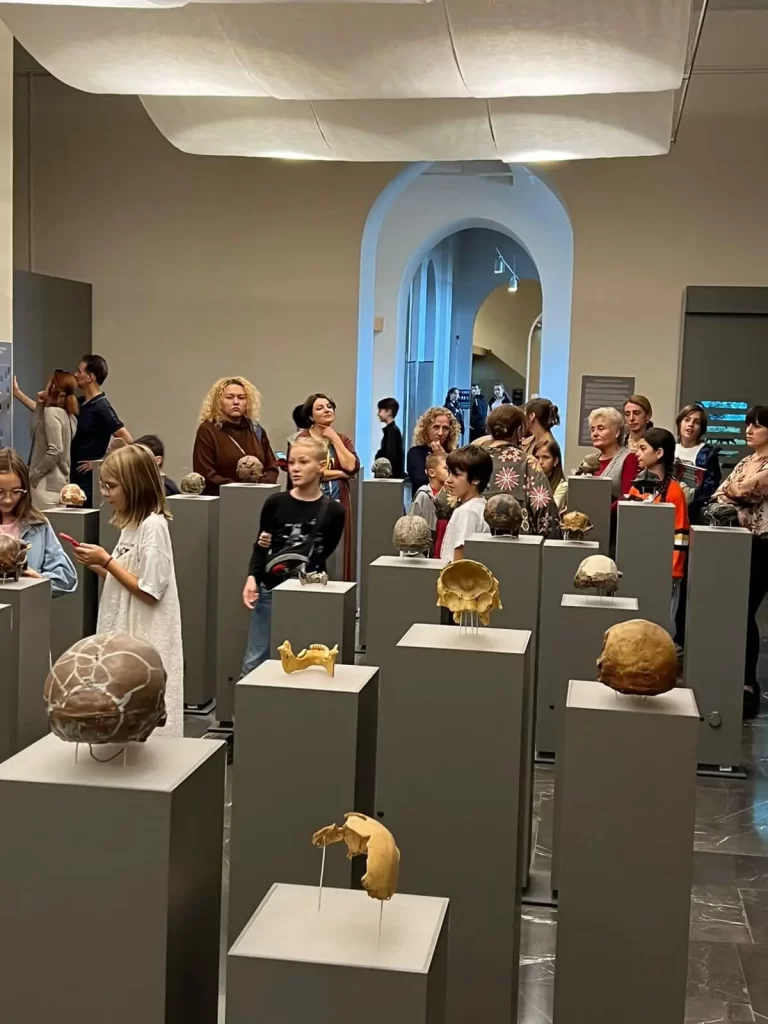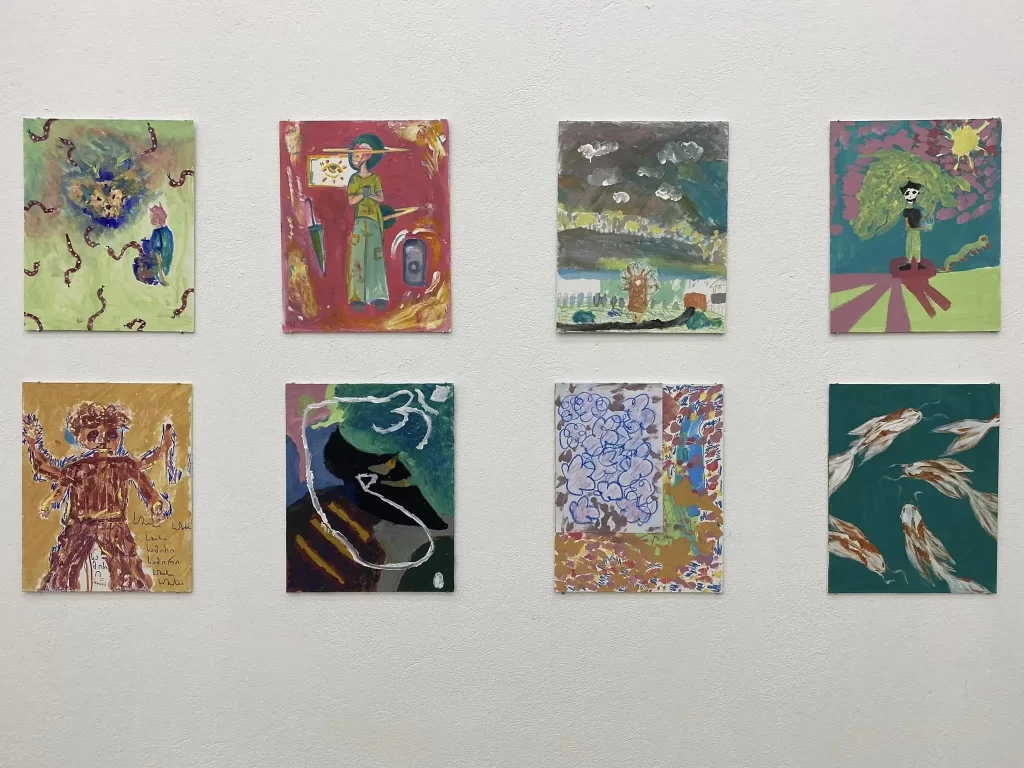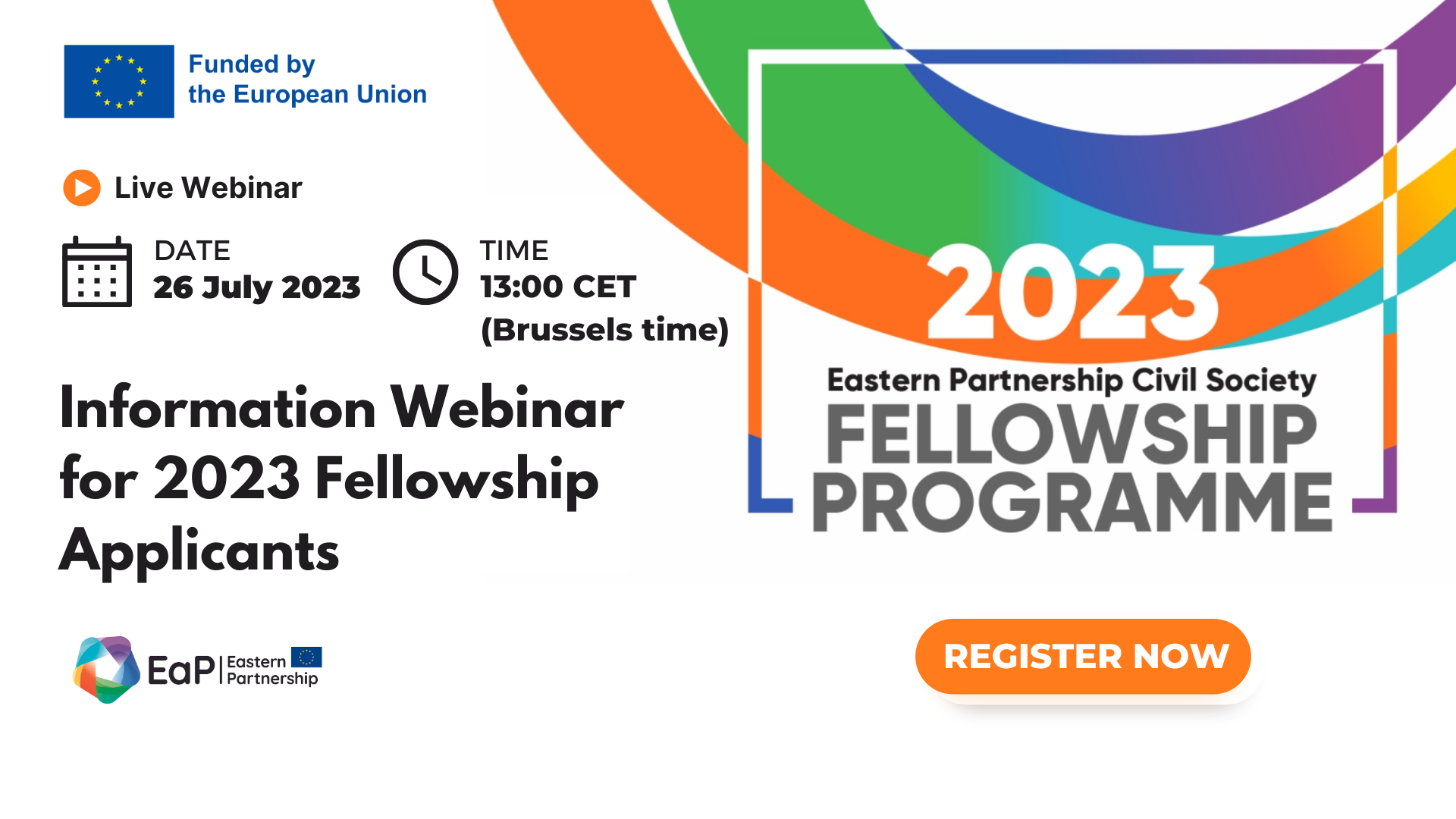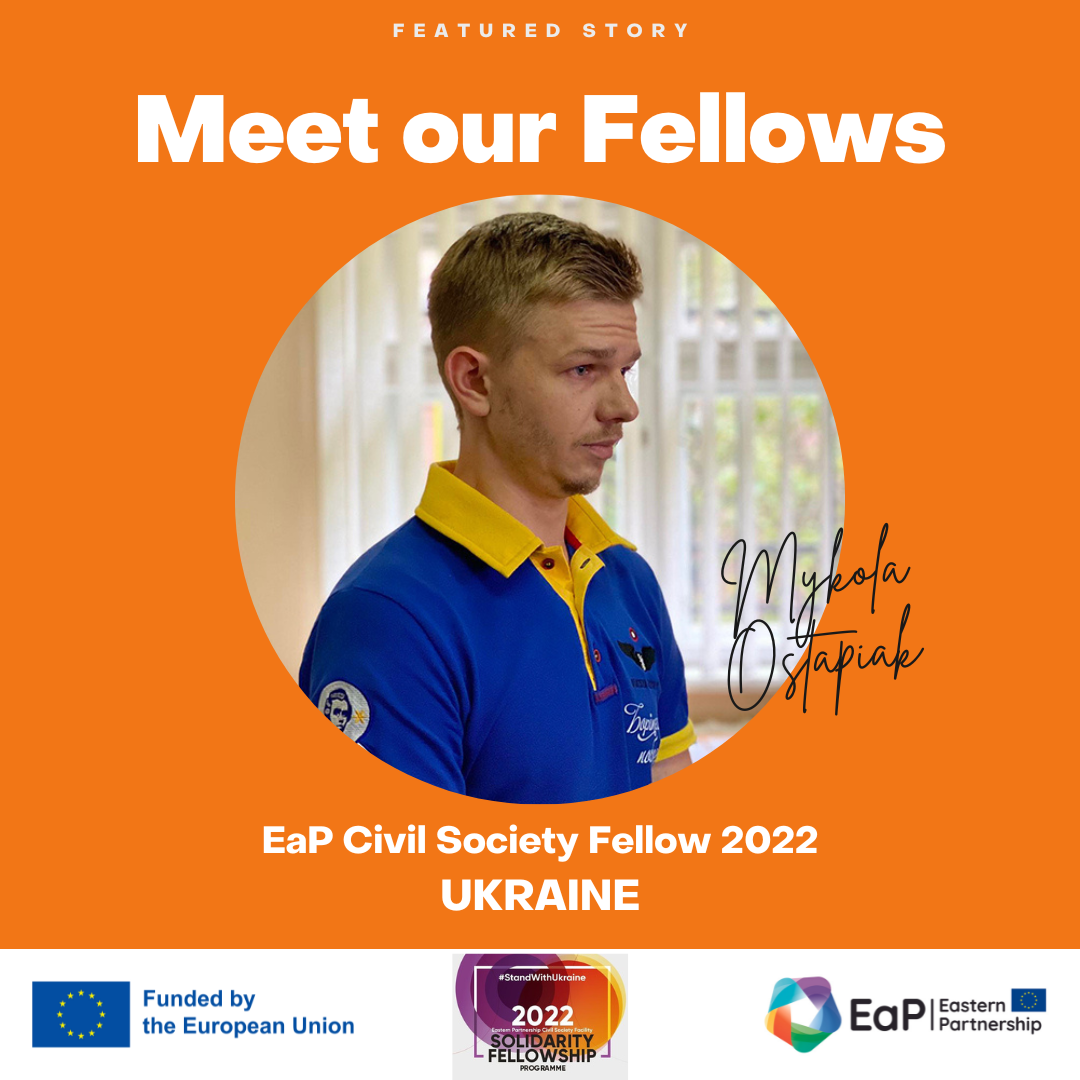Tinatin Bregvadze is the Chair of the Board of the Georgian Centre for Strategy and Development, a large, highly-regarded non-governmental organisation based in Tbilisi and operating through projects in Georgia, the Caucasus and Central Asia. She has more than 20 years’ experience working with national and international CSOs, as well as a more recent rewarding experience as Director of the Diplomatic Training and Research Institute under the Ministry of Foreign Affairs. In taking on the Institute directorship, Tinatin was tasked with reforming and strengthening the institution and applying her academic background, including her current pursuit of a PhD in Education. After 3 years at the Institute Tinatin returned to her role at GCSD and pursuing her passion of creating opportunity for diverse groups in society and particularly the more vulnerable communities.
Tinatin has a long track record in developing and implementing interventions that support a more just and socially equal society, and ‘the community’ is at the heart of her motivations:
“Grassroots is where the ‘real’ life is, so when refugees from Ukraine began to arrive in Tbilisi I knew I had to do something”. That ‘something’ was to formulate a project which would combine an immediate humanitarian response with specific educational methodologies that would support both children and parent refugees. As Tinatin explains, “Ukrainian children who were suddenly ripped away from their normal life of playing with friends, going to school, having fun, and instead subjected to the horrors of being a refugee. Having met some of these refugees I immediately developed some activities to support them. Unfortunately, at that time in Georgia, there was limited access to resources to assist the refugees, so I was delighted to learn about the opportunities of the Solidarity Fellowships, which was exactly what I identified with.”
And so Tinatin’s Civil Society Fellowship began.
Tinatin together with her colleagues developed an approach that would engage the Ukrainian children and youth, and provide support to their parents to integrate into their new surroundings. She formed a team of artists and art educators, and counsellors, and managed to run a summer of art classes involving 50 children, and to organise movie screenings, talks and city site visits. The children’s art classes even culminated in a final exhibition held at Tbilisi’s Centre of Contemporary Art.
“Interestingly, although my fellowship involved a number of carefully structured activities and provision of safe space for Ukrainian children, it was the informal coming together of the mothers of the children which may have had the biggest impact.” By nurturing the involvement of the mothers, Tinatin was able to provide them with opportunities to talk about their experiences and to build up new friendships. This process was the essence of the ‘solidarity’ fellowship.
Tinatin recalls that although there were many memorable moments, “I have a strong memory of one moment… While we were taking a group of Ukrainian children and their relatives to a museum in Tbilisi, as part of the process of helping them to integrate into the city, a young boy spent a lot of time by my side. At the end of the trip he hugged me and said ‘next year, when I have my birthday, I’m going to invite you to my party in Odesa’.
Of course, as an educationalist, Tinatin is happy that the specific methodologies used in working with the children (and parents) during the art classes were effective and that they will be sustained. The ‘package’ of art classes and methods have been institutionalised within a local parent/artists informal group and during 2023 a revised set of classes will be delivered to other vulnerable children through the organisation ‘Parallel Class’.
“The programme we developed is quite unique as it is more oriented on socialisation and the involvement of children in group activities. This is one of the reasons why ‘Parallel Class’ plans to continue the programme, incorporating into it the lessons learnt throughout this process. They will make it available for Georgian and Ukrainian kids. This is good news and was possible only because of all the hard work of the teachers, artists and other volunteers that helped me make it happen.”
Find other Featured Stories of our EaP Civil Society Fellows here.
Background information:
Tinatin Bregvadze is one of the Fellows of the Eastern Partnership Civil Society Fellowship programme funded by the European Union. Its main objective is to support civil society activists or civically minded people from Armenia, Azerbaijan, Belarus, Georgia, Moldova and Ukraine who demonstrate a deep commitment to leading positive social change in their communities. The Eastern Partnership Civil Society Fellowship programme has been running since 2017 and today the Fellowship alumni has 160 Fellows from across the six countries of the Eastern Partnership. Details about the Fellows and their Fellowship projects can be found here.







